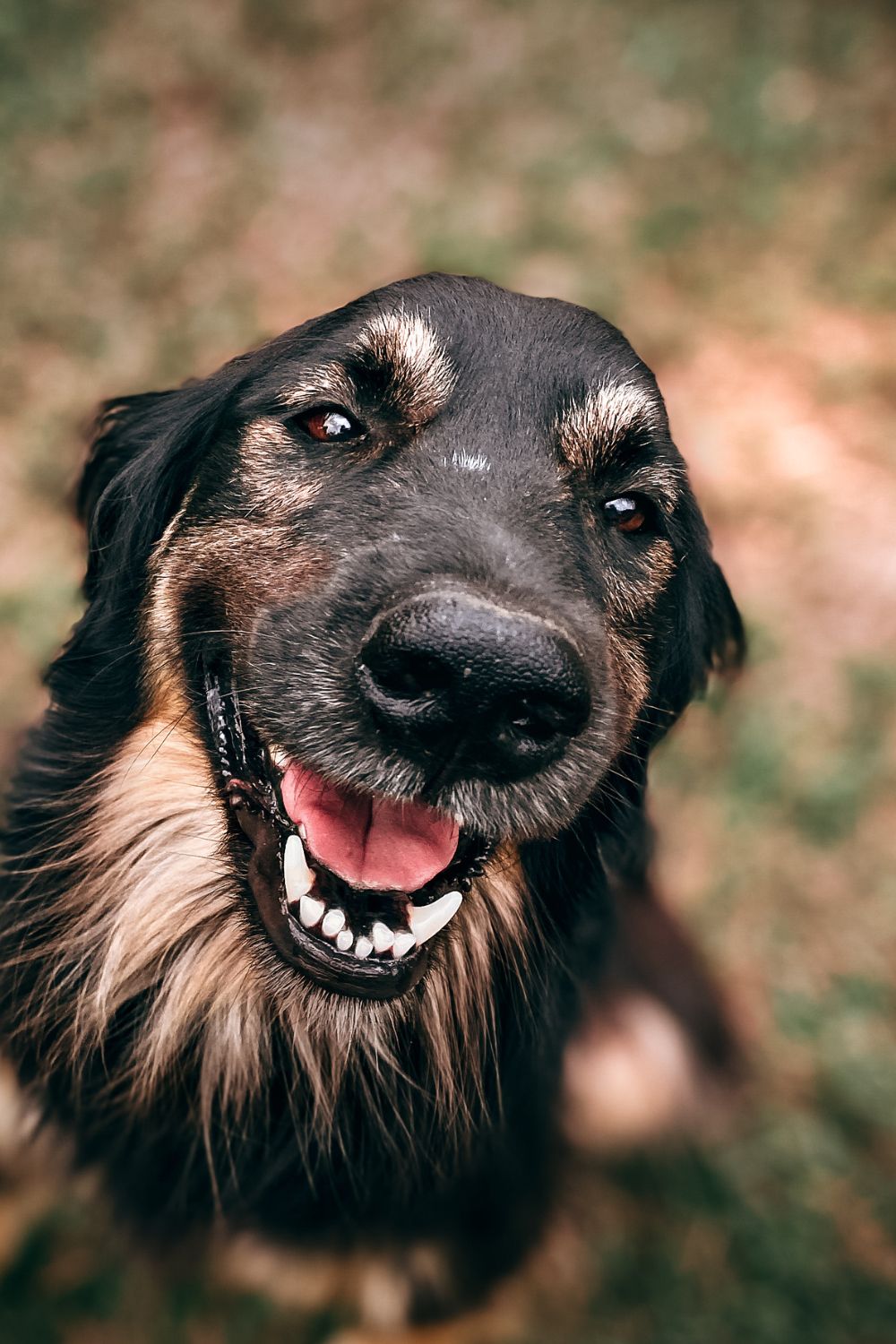Looking for ways to help your dog live a long life? Check out 4 Dos And Don’ts For canine longevity.
4 Dos And Don’ts For Dog Longevity
As devoted dog owners, you want nothing more than to ensure that your furry best friends stick around for as long as possible. After all, they’re not just pets but cherished members of your family.
The average lifespan of a dog greatly varies depending on factors like breed, size, and overall health. According to resources, small dogs (e.g., Chihuahuas, Shih Tzus, Yorkies) can live between 14 and 16 years. Medium-sized dogs (e.g., French bulldogs, Golden Retrievers) can live closer to 10 to 12 years. Meanwhile, giant breed dogs (e.g., Saint Bernards, Great Danes) can only live seven to 10 years. (1)
But here’s the good news: you can do plenty of things as a dog owner to help your pup live the best and longest lives possible. This article will present the essential dos and don’ts for dog longevity to give your canine companion the best chance at a long, fulfilling life.
The Dos:
Feed your dog with proper nutrition
Like humans, dogs need a balanced diet packed with wholesome, nutrient-rich ingredients to thrive. Thus, to ensure your pup gets all the good stuff they need, feed them with high-quality dog foods appropriate for their age, size, and activity level. Moreover, look for brands that prioritize natural, whole ingredients like real meat, vegetables, and grains.
And don’t forget the importance of fresh, clear water. Your dog should always have access to H2O to stay hydrated and healthy.
Groom your dog regularly
Sometimes, grooming your dog can feel like a chore, particularly if your pup isn’t exactly thrilled about bath time. However, regular grooming doesn’t only keep your dog’s coat shiny and clean. This also gives you a chance to check for any lumps or bumps that need attention.
But if you’re feeling overwhelmed every time you groom your dog by yourself, don’t stress. There are plenty of fantastic professional groomers out there who can help. If you happen to be in the Windy City, you might want to check out a reputable dog groomer in Chicago. With their expertise (and long patience), a skilled groomer can help keep your dog’s coat healthy, trim their nails, and clean their ears.
Engage your dog in regular physical activity
Studies have shown that routine physical activity and performing dog sports can help reduce your pup’s risk of obesity, joint problems, and even certain behavioral problems. So, make sure your furry friend’s getting at least half to an hour of daily moderate activity. This can include things like walking around the neighborhood, playtime in the backyard, or even going for a swim. The key is to find activities that your dog genuinely enjoys and will keep them moving. (2)
Bring your dog for regular veterinary check-ups
The mere mention of vets can send some dogs running for the hills. However, AVMA (American Veterinary Medical Association) recommends that all dogs must have their veterinary wellness examination at least once a year. So, don’t let your dog’s puppy eyes distract you from taking them to the vet. (3)
During these check-ups, your vet can give your pup a nose-to-tail exam, check their weight, update their vaccinations, and even catch potential health problems early on. Plus, regular vet visits give you a chance to ask questions, get advice, and make sure you’re doing everything you can to keep your dog healthy and happy.
The Don’ts:
Overfeed your dog
Those puppy-dog eyes can be hard to resist when your furry friend is begging for extra treats. However, studies have shown that over 50% of dogs in America are overweight or obese! And all those extra pounds can lead to your dog’s serious health issues in the future. Thus, as much as you want to spoil your pup with extra goodies, it’s important to stick to a healthy, balanced diet and watch those portion sizes. (4)
Neglect your dog’s socialization needs
Socialization isn’t just about your dog being able to play nice with others at the dog park. It’s about exposing your pup to a variety of people, places, and experiences from a young age so they grow up to be confident, well-adjusted dogs. In fact, studies have shown that puppies who are well-socialized are less likely to generate behavioral issues like fear or aggression later in life. So, don’t be afraid to take your pup out and about (safely, of course), sign up for a puppy class, or invite friends and family over to meet your new addition. (5)
Leave your dog alone without proper stimulation
Dogs are social creatures. When they’re left alone for long periods without anything to do, they can get anxious, bored, and even destructive. So, to avoid this, make sure your dog is getting plenty of exercise and attention when you are home. And when you do have to leave them alone, they must have plenty of safe, engaging toys to keep them occupied.
Punish or yell at your dog
When your dog is misbehaving or not following the rules, it can be frustrating and tempting to raise your voice or even resort to punishment. However, studies have shown that positive reinforcement training is way more effective than punishment or yelling. Plus, yelling or punishing your dog can make behavioral issues worse by creating fear, anxiety, and mistrust. (6)
As an alternative, focus on rewarding the behavior you want to see and redirect or ignore the behavior you don’t. And if you’re struggling with a particular issue, don’t be afraid to seek out the help of a professional dog trainer or behaviorist.
Takeaway
The key to helping your furry best friend live their best life is simple: love them, care for them, and be mindful of their needs. And by focusing on the dos and don’ts that the article discussed, you’ll be giving your dog the foundation they need to thrive well into their golden years. So, show your pup some love because life’s just better with a dog by your side!
References:
- “Do Dogs Live Long? What To Know About Dog Life Expectancy Based on Breed and Size”, Source: https://www.usatoday.com/story/news/2023/06/15/how-long-do-dogs-live/70303517007/
- “Factors Affecting Canine Obesity Seem to Be Independent of the Economic Status of the Country—A Survey on Hungarian Companion Dogs”, Source: https://www.ncbi.nlm.nih.gov/pmc/articles/PMC7459892/
- “AAHA-AVMA canine preventive healthcare guidelines”, Source: https://www.avma.org/resources-tools/avma-policies/aaha-avma-canine-preventive-healthcare-guidelines
- “Obesity in Dogs”, Source: https://vcahospitals.com/know-your-pet/obesity-in-dogs#:~:text=In%20North%20America%2C%20obesity%20is,50%25%20of%20dogs%20are%20overweight.
- “Puppy Parties and Beyond: The Role of Early Age Socialization Practices on Adult Dog Behavior”, Source: https://www.researchgate.net/publication/277899066_Puppy_parties_and_beyond_the_role_of_early_age_socialization_practices_on_adult_dog_behavior
- “Positive reinforcement training”, Source: https://www.humanesociety.org/resources/positive-reinforcement-training


Leave A Reply!